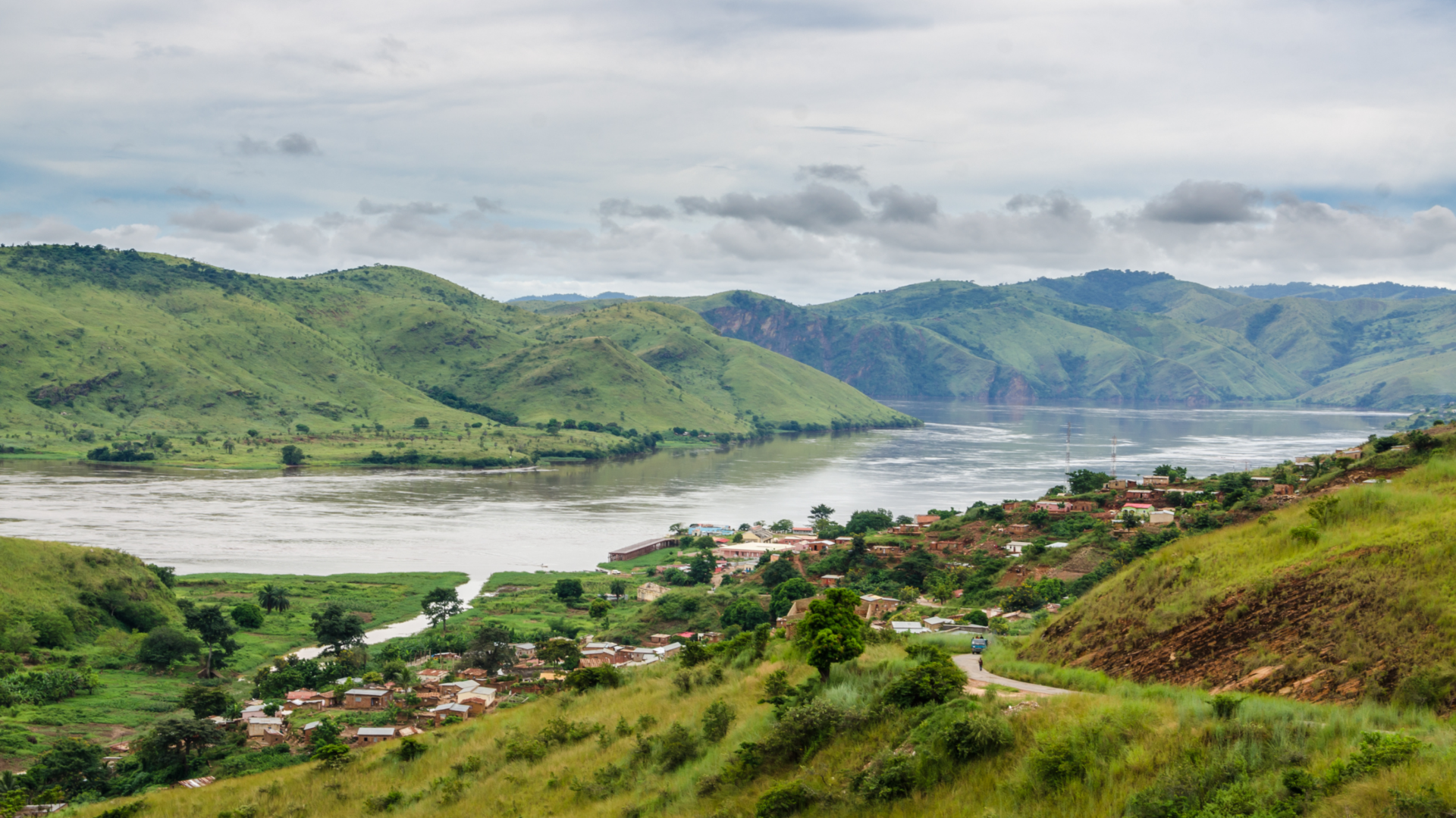
Preventing and Responding to Gender-Based Violence in the Democratic Republic of Congo
2024 marked another year of conflict and displacement in the eastern Democratic Republic of Congo (DRC)—over 7.3 million internally displaced persons are spread across the country. As a result, women and girls are disproportionately vulnerable to gender-based violence (GBV).
More than 60,000 survivors of GBV received assistance in the first half of 2024 alone. A chronic lack of food and shelter, and the proliferation of armed actors, have increased vulnerability to survival sex, physical assault, and sexual violence. Humanitarian actors have struggled to keep pace with rising needs and have been further impeded in delivering aid due to an underfunded GBV response and other key barriers.
In response, InterAction’s GBV and DRC Working Groups conducted a survey of experts in June 2024 in North Kivu, South Kivu, and Ituri provinces with FONGI, the DRC international non-governmental organization (INGO) Forum. FONGI is an independent body of more than 100 INGOs operating in DRC.
More than 150 specialists from women-led and women’s rights organizations (WLOs and WROs) and international and local organizations responded to the survey. The results will help better inform GBV prevention, mitigation, and response in DRC and how the U.S. government could most effectively contribute to the reduction of this risk.
Key Findings
The findings below reflect the operational realities and priorities of frontline local organizations, including WLOs and WROs, INGOs, and U.N. agencies in DRC.
- Sexual violence has risen the most among GBV cases, followed by survival sex and physical assault on women and girls in internally displaced person (IDP) sites. Sexual violence was reported to have increased the most in the last year as a weapon of war from both state and non-state armed groups. Survival sex has also risen because of the lack of financial means and opportunities available to meet women and girls’ needs.
- Funding challenges include insufficient funding to meet the size and scale of GBV needs and a lack of funding specifically for GBV prevention. One-third of experts stated that overall funding is inadequate to address the escalation of GBV needs. This has also meant that a greater proportion of funding has been directed toward GBV response than prevention.
- The biggest barrier to GBV programming is affected people’s inability to access resources due to insecurity. Escalating violence has limited GBV services, with 55% of organizations reporting access issues due to the presence of armed groups and attacks. WLOs and WROs reported access issues at higher rates than INGOs and U.N. agencies.
- More than half of the respondents said MONUSCO’s withdrawal would negatively affect women and girls. Fifty-eight percent of respondents stated that women and girls would be at increased risk of GBV without the U.N. mission’s physical presence and regular patrols.
- Food insecurity has negatively impacted GBV cases in the last year. Rising food insecurity has forced women and girls into sexually exploitative situations to eat. A strategic approach across sectors to address food insecurity in areas where it is likely to reduce vulnerability to GBV is critical.
- More than half of respondents stated it would be most effective to integrate GBV programming into other sectors of the humanitarian response—particularly health and food security—if more funds became available from the U.S. government. Integration would be more effective than standalone programming as it allows for more comprehensive approaches and facilitates stronger access to affected communities.
- If the USG funded more standalone GBV programming in DRC, GBV experts would prioritize women’s and girls’ empowerment activities, as well as prevention programming.
Recommendations
Several recommendations for humanitarian actors and donors came through these findings:
International NGOs, WLOs and WROs, U.N. agencies, and local organizations:
- Scale up GBV prevention and response efforts that considers the sensitive nature of sexual violence and challenges in reporting.
- Foster equitable partnerships with women-led organizations, empower them in decision-making roles, and engage in advocacy efforts to protect women and girls in IDP sites.
- Improve coordination across food security and GBV actors both within organizations and at the local, national, and regional levels.
Donors:
- Prioritize flexible, multi-year funding for GBV programming to address complexities surrounding sexual violence, ensuring adequate support for both prevention and response efforts.
- Foster partnerships between international organizations and women-led groups to improve access and mitigate stigma while ensuring all interventions integrate GBV risk mitigation measures across relevant sectors.
- Utilize diplomatic influence to prioritize the protection of women and girls in discussions on MONUSCO’s withdrawal and advocate for improved justice and accountability mechanisms in the DRC.
Please click HERE to read the full policy brief in English. Please click HERE to access the French version.








